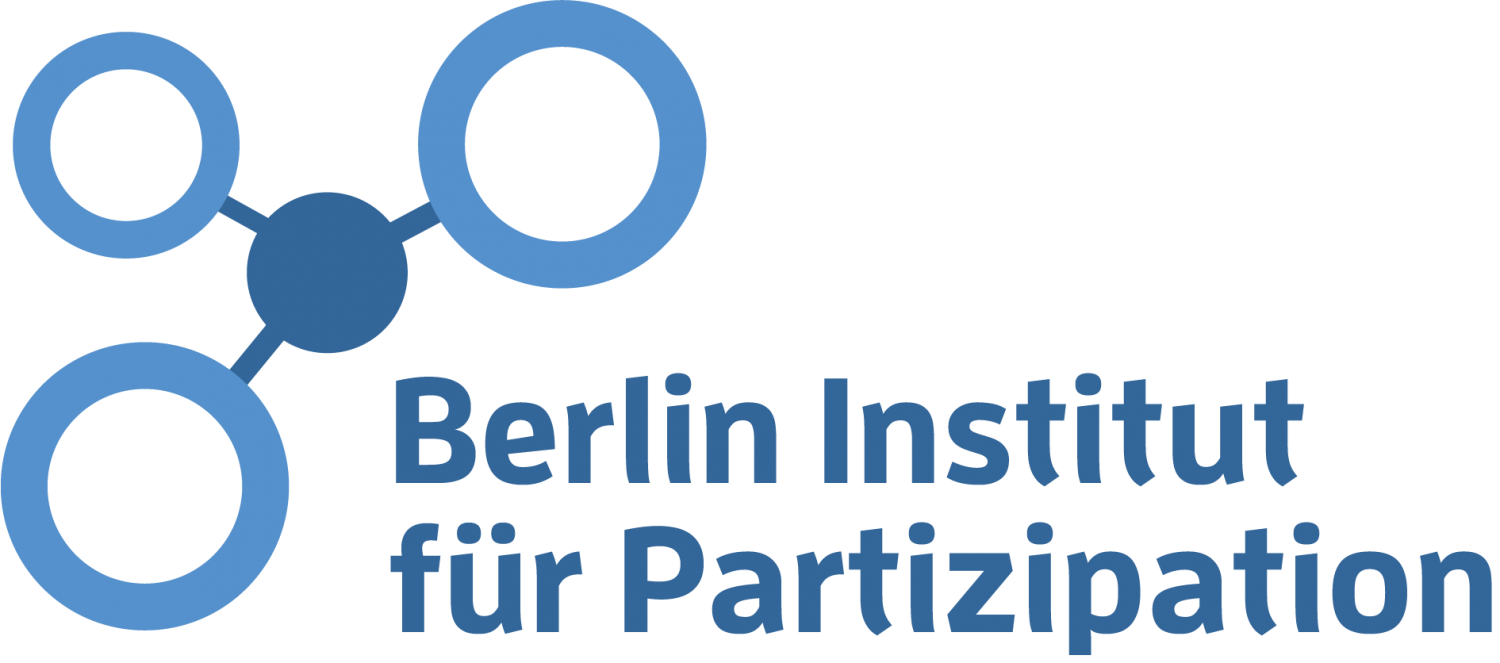Köln: Entwicklung neuer Leitlinien für die Bürgerbeteiligung
 Foto: Ger1axg via Wikimedia Commons, Lizenz: CC BY-SA 3.0
Foto: Ger1axg via Wikimedia Commons, Lizenz: CC BY-SA 3.0
Die Stadt Köln unternimmt einen weiteren Schritt in Richtung mehr Bürgerbeteiligung und möchte neue Richtlinien erarbeiten, nach denen Bürger künftig in Planungs- und Entscheidungsvorhaben eingebunden werden. Wenn es nach Jürgen Roters geht, soll eine „neue Form der Bürgerbeteiligung“ erreicht werden. Dazu wurde ein neues Gremium mit insgesamt 18 Sitzen gebildet, die von jeweils sechs Vertretern aus Politik und Verwaltung sowie sechs Mitgliedern der Stadtgesellschaft besetzt werden.
Die Stadtgesellschafts-Vertreter werden zur Hälfte von den Bürger-Intitiativen „Netzwerk Bürgerengagement“, „Leitbildgruppen“ und „Köln mitgestalten – Netzwerk für Beteiligungskultur“ gestellt. Für die übrigen drei Plätze konnten sich Bürger bewerben – insgesamt 70 Interessenten kamen zusammen. Bei einer Veranstaltung am 8. Juli 2015 im Kölner Rathaus wurden dann die drei Gewinner, Wiebke Mandt, Marcel Hövelmann und Petra Kittlaus per ausgelost.
Am 27. August soll das Konzeptionsgremium das erste Mal zusammentreten und über das weitere Vorgehen beraten. Anschließend werden innerhalb eines Jahres die Bürgerbeteiligungs-Leitlinien und Regeln entwickelt und für einen Ratsbeschluss Ende 2016 bereitgestellt.
Literaturhinweise
Legitimität durch Verfahren? Bedingungen semi-konventioneller Partizipation: eine qualitativ-empirische Studie am Beispiel von Fokusgruppen zum Thema »Lokaler Klimaschutz« Buch
Roderer, Regensburg, 2002.
Deliberative Democracy and Beyond: Liberals, Critics, Contestations Buch
Oxford University Press, 2002, ISBN: 9780199250431.
Die Konsensus Konferenz in Theorie und Anwendung. Gutachten im Auftrag der Akademie für Technikfolgenabschätzung in Baden-Württemberg Forschungsbericht
Akademie für Technikfolgenabschätzung Stuttgart, 1999.
Partizipation als Qualitätsmerkmal in der Heimerziehung: eine Diskussionsgrundlage Buch
Votum, Münster, 1999, ISBN: 9783933158147.
May the Sheep Safely Graze? A Reflexive View of the Expert-Lay Knowledge Divide Buchabschnitt
In: Bronislaw Szerszynski; Scott Lash; Brian Wynne (Hrsg.): Risk, Environment and Modernity, S. 44-83, 1996.
Zukunftswerkstätten: Wege zur Wiederbelebung der Demokratie Buch
Goldmann Verlag, München, 1983.
A Ladder of Citizen Partizipation Artikel
In: Journal of the American Planning Association, Bd. 35, Nr. 4, S. 216-224, 1969.
Methodenhinweise
Deliberative MappingBeim Deliberativen Mapping entwickeln Fachleute und Bürger gemeinsam in einem konsultativen Verfahren priorisierte Handlungsalternativen zur Bearbeitung eines Konfliktthemas.
Weitere Methoden finden Sie in unserer Methodendatenbank ...
